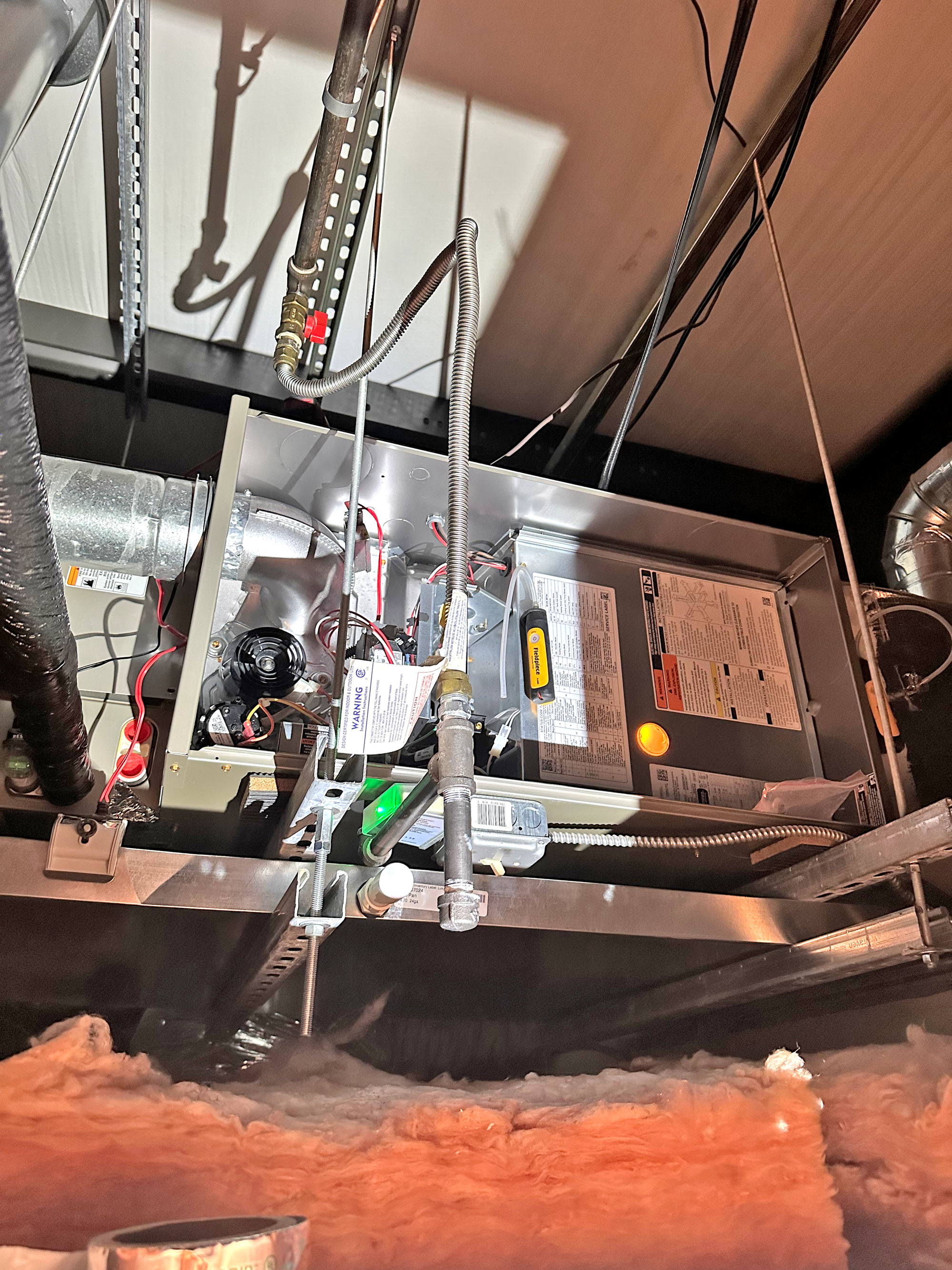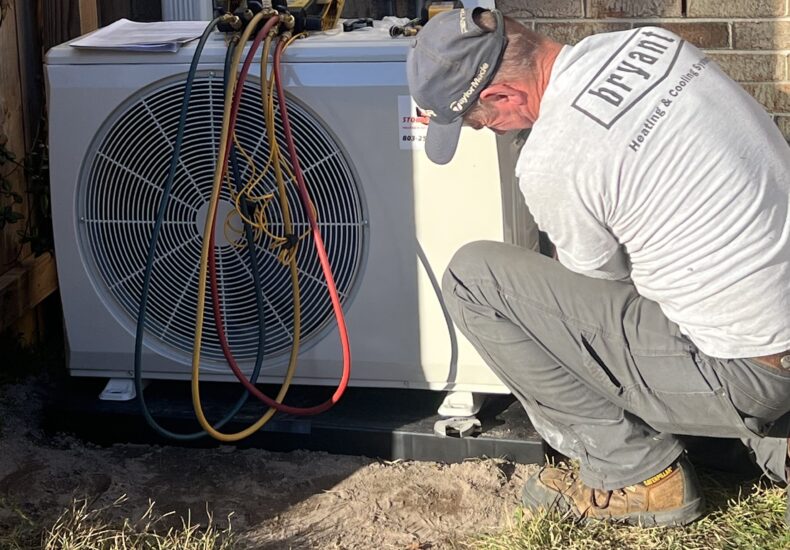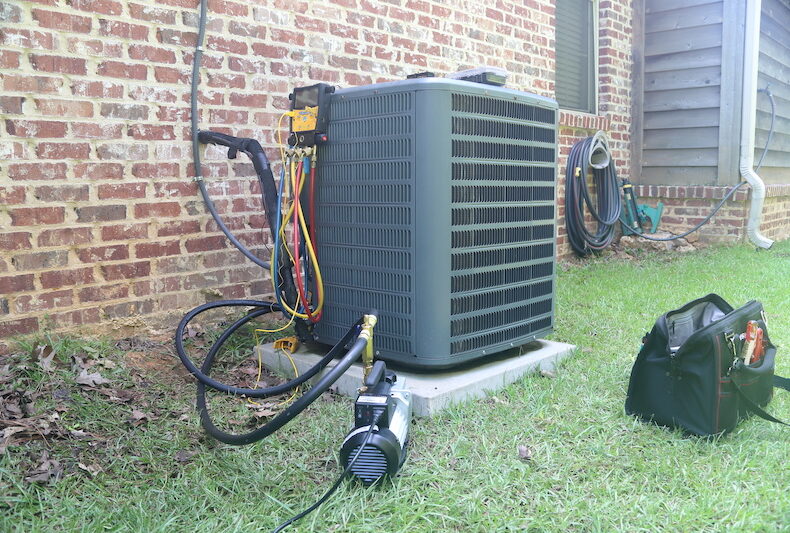
As the world increasingly focuses on sustainability and reducing carbon emissions, the HVAC (Heating, Ventilation, and Air Conditioning) industry is undergoing a significant transformation. This shift is largely centered around the concept of electrification—a move towards using electricity as a primary energy source for heating and cooling systems. Stoudenmire Heating & Air Conditioning is at the forefront of this evolution, embracing electrification to offer more energy-efficient, environmentally friendly solutions to our customers. Here’s what you need to know about electrification in the HVAC industry and how it impacts you.
Electrification Explained
Electrification in the HVAC industry refers to the transition from fossil fuel-based heating and cooling systems, such as natural gas, oil, and propane, to systems powered by electricity. This change is driven by the need to decrease reliance on fossil fuels, which are a significant source of CO2 emissions and environmental pollution. Electrification aims to leverage cleaner, more sustainable energy sources, particularly as the electric grid becomes increasingly powered by renewable energy like wind, solar, and hydroelectric power.
Benefits of HVAC Electrification
Enhanced Energy Efficiency
Electric HVAC systems, especially those utilizing heat pump technology, are significantly more energy-efficient than traditional fossil fuel systems. Heat pumps, for example, can transfer up to three times more energy than they consume. This efficiency translates into lower energy bills and reduced environmental impact.
Reduced Carbon Footprint
By shifting to electricity—particularly from renewable sources—homes and businesses can dramatically decrease their carbon footprint. Electrification of the HVAC industry plays a crucial role in global efforts to combat climate change by reducing the overall demand for fossil fuels.
Improved Indoor Air Quality
Electric heating and cooling systems do not produce combustion byproducts, which means they can offer better indoor air quality compared to traditional systems. This is particularly beneficial for individuals with allergies, asthma, or other respiratory issues.
Future-Proofing
As regulations and policies increasingly favor renewable energy and electrification, transitioning to electric HVAC systems can future-proof homes and businesses. This shift not only ensures compliance with future environmental standards but also enhances property values.
Challenges and Considerations
Despite its benefits, the transition to electrification in the HVAC industry faces several challenges. Initial installation costs for electric heating and cooling systems, particularly heat pumps, can be higher than traditional systems. However, federal, state, and local incentives, along with the long-term savings on energy bills, can help offset these upfront costs.
Additionally, the success of electrification efforts depends on the continued greening of the electrical grid. As more renewable energy sources are integrated into the grid, the environmental benefits of electrification will become even more pronounced.
Stoudenmire’s Commitment to Electrification
At Stoudenmire Heating & Air Conditioning, we are committed to staying at the cutting edge of HVAC technology and sustainability practices. We offer a range of electric heating and cooling solutions, including highly efficient heat pumps, to meet the diverse needs of our customers. Our team is dedicated to helping you understand the benefits of electrification and guiding you through the transition to more sustainable, efficient heating and cooling options.
Electrification represents a promising path forward for the HVAC industry, offering a win-win scenario for both the planet and property owners. By embracing this shift, Stoudenmire Heating & Air Conditioning is not just preparing for the future; we are helping to shape it. Contact us today to learn more about electrification options and how we can help you make a seamless transition to a more sustainable, efficient HVAC system.


